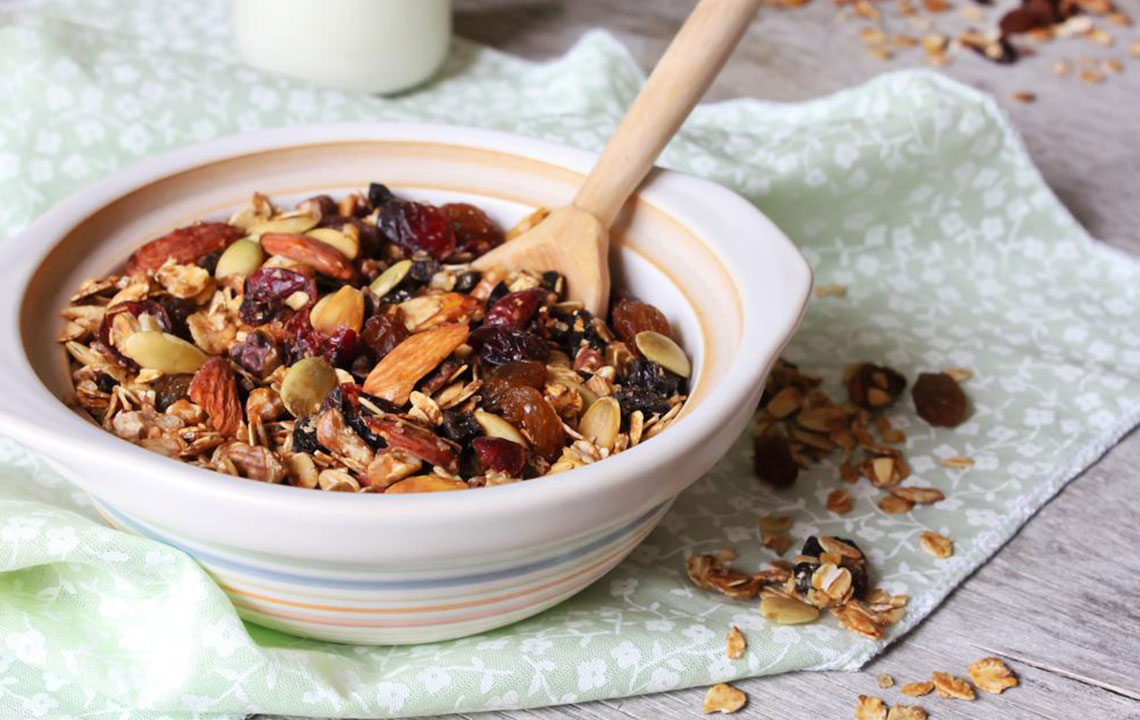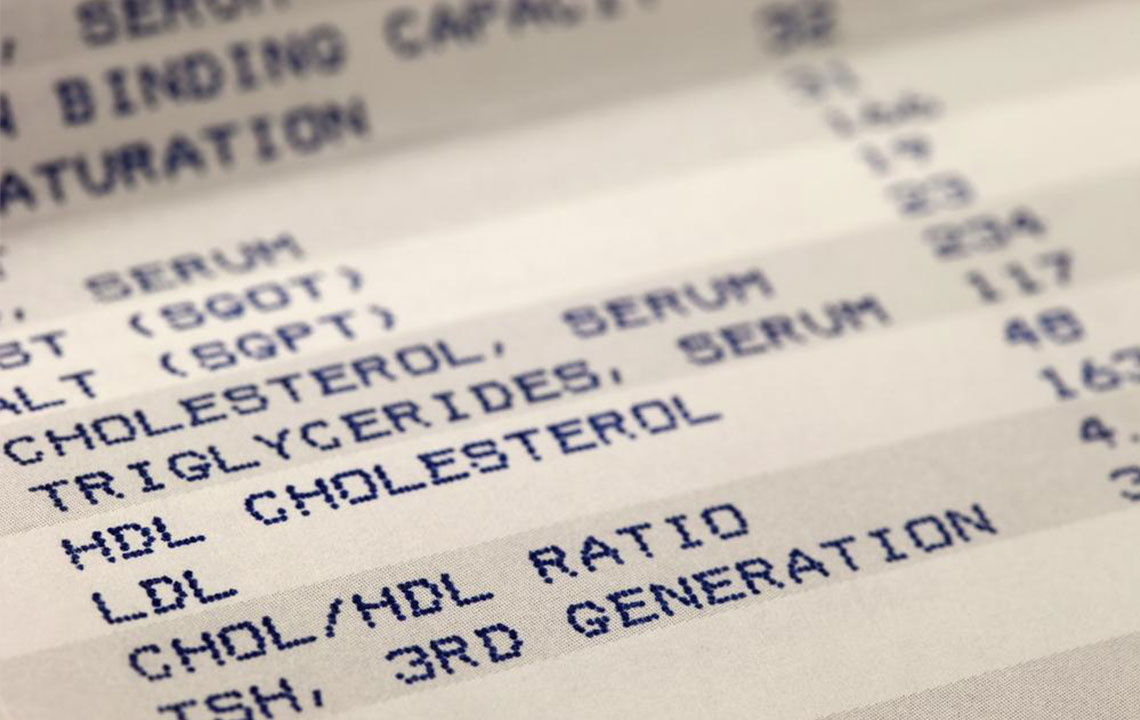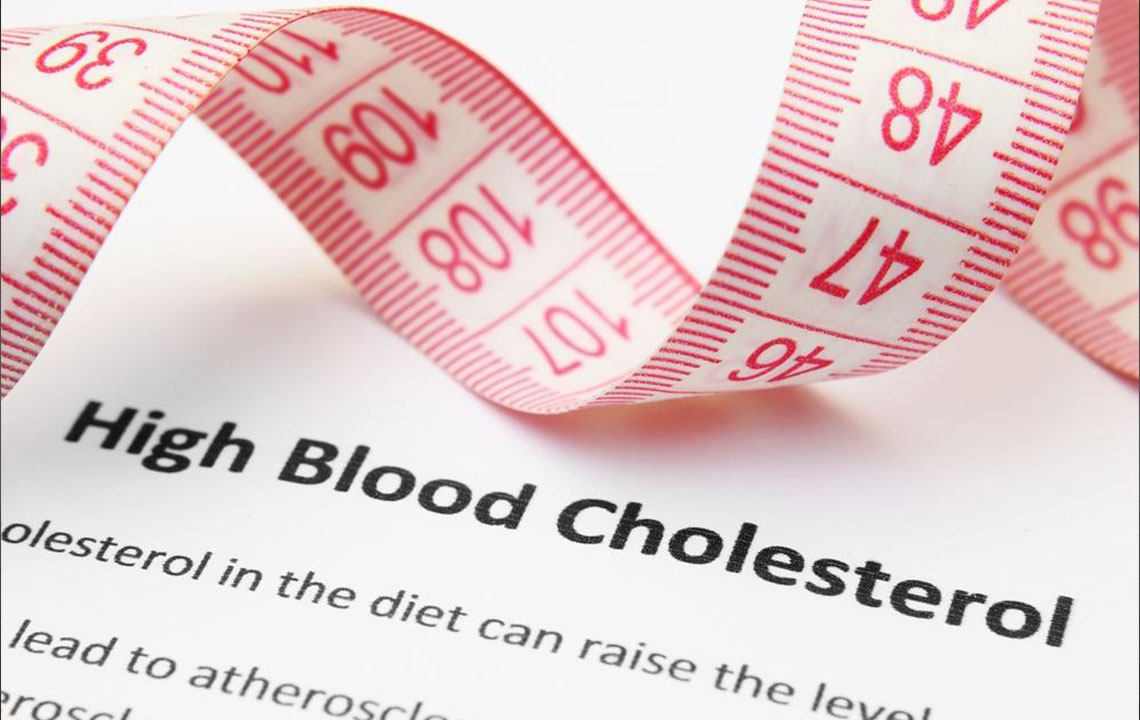Effective Strategies to Control Elevated Cholesterol Levels
Learn practical tips to manage high cholesterol levels and reduce the risk of serious cardiovascular issues. Regular testing, healthy eating habits, and lifestyle changes are essential. Discover effective strategies to keep your cholesterol balanced and promote heart health with this comprehensive guide.
Sponsored

Cholesterol is a fatty substance produced naturally by the liver, essential for building cell membranes and hormone synthesis. It’s a waxy, fat-like molecule that doesn’t dissolve in water, transported via lipoproteins—mainly low-density lipoprotein (LDL) and high-density lipoprotein (HDL). While cholesterol is vital, excess levels can pose health risks. Elevated LDL, often called bad cholesterol, can lead to plaque buildup inside arteries, potentially causing heart attacks and strokes. Maintaining balanced levels is crucial for heart health.
Because high cholesterol often shows no signs, routine testing is important. Excess bad cholesterol forms plaques, narrowing arteries and impairing blood flow, increasing clot risk. According to the CDC, one in three individuals has high cholesterol. Conversely, good cholesterol (HDL) helps clear bad cholesterol from the bloodstream, reducing cardiovascular risks.
High cholesterol can result from unhealthy eating habits, smoking, inactivity, genetics, and other conditions like diabetes. Rarely, familial hypercholesterolemia—a genetic disorder—impairs cholesterol regulation. To manage levels, regular screenings are recommended, especially for those over 20 or with a family history. Watching intake of saturated fats, trans fats, and added sugars is vital. Switching to healthy fats like olive oil and incorporating nuts and seeds into your diet can also help control cholesterol effectively.






